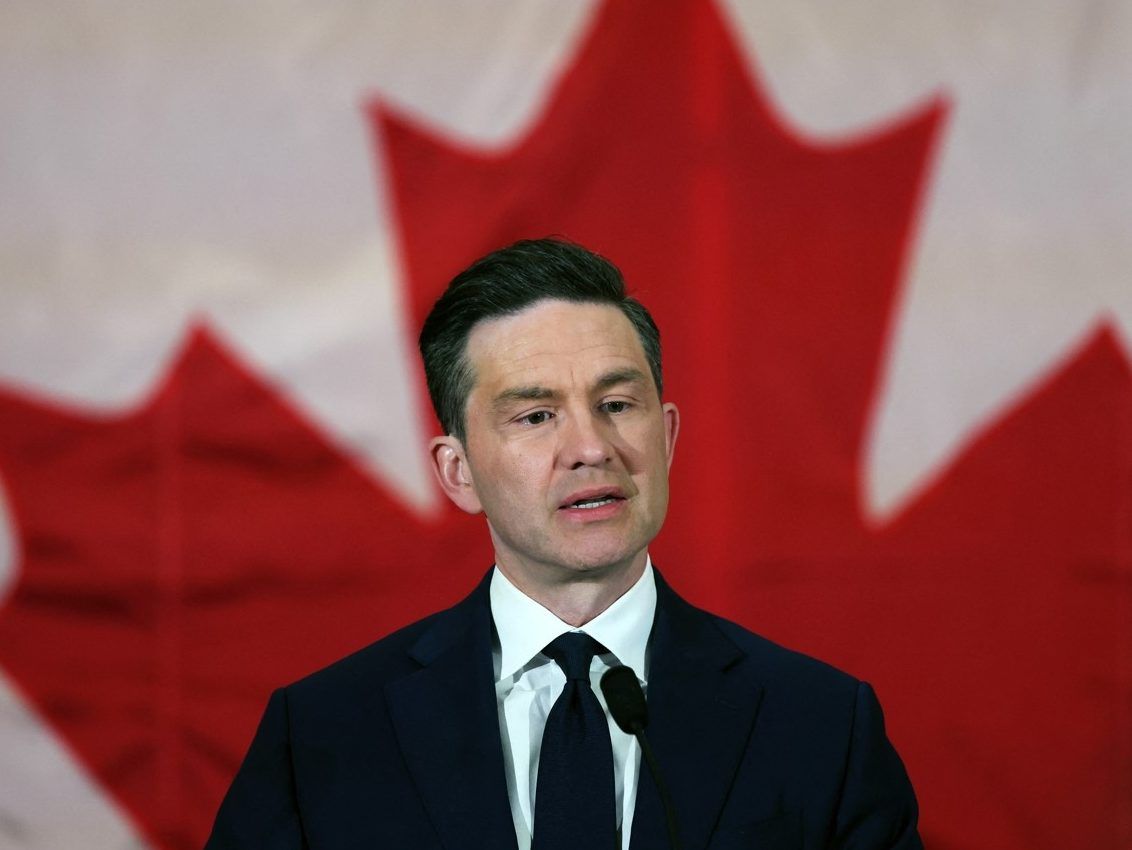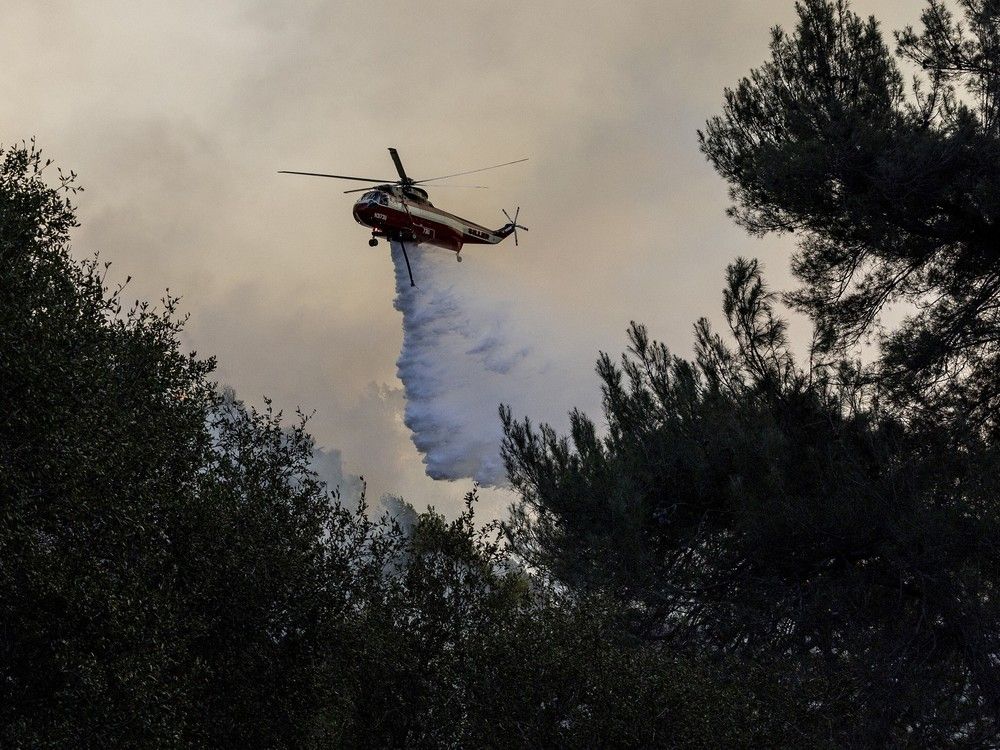We wish our readers blessings and good company
Published Dec 25, 2024 • Last updated 4 hours ago • 4 minute read

“If you feel lonely, you’re not alone.”
So declared Statistics Canada three years ago, in a study on loneliness, indicative of what catches our attention now. Too many Canadians fear that no one is paying attention to them.
Some 10 per cent of Canadians aged 35-75 reported feeling lonely, before it ticked up to 14 per cent of the more elderly, as widowhood leaves its mark. But younger Canadians were the loneliest ones, contrary to what one would expect in the flower of life; nearly a quarter (23 per cent) of those 15-24, and 15 per cent of those 25-34.
Advertisement 2
THIS CONTENT IS RESERVED FOR SUBSCRIBERS
Enjoy the latest local, national and international news.
- Exclusive articles by Conrad Black, Barbara Kay and others. Plus, special edition NP Platformed and First Reading newsletters and virtual events.
- Unlimited online access to National Post and 15 news sites with one account.
- National Post ePaper, an electronic replica of the print edition to view on any device, share and comment on.
- Daily puzzles including the New York Times Crossword.
- Support local journalism.
SUBSCRIBE FOR MORE ARTICLES
Enjoy the latest local, national and international news.
- Exclusive articles by Conrad Black, Barbara Kay and others. Plus, special edition NP Platformed and First Reading newsletters and virtual events.
- Unlimited online access to National Post and 15 news sites with one account.
- National Post ePaper, an electronic replica of the print edition to view on any device, share and comment on.
- Daily puzzles including the New York Times Crossword.
- Support local journalism.
REGISTER / SIGN IN TO UNLOCK MORE ARTICLES
Create an account or sign in to continue with your reading experience.
- Access articles from across Canada with one account.
- Share your thoughts and join the conversation in the comments.
- Enjoy additional articles per month.
- Get email updates from your favourite authors.
THIS ARTICLE IS FREE TO READ REGISTER TO UNLOCK.
Create an account or sign in to continue with your reading experience.
- Access articles from across Canada with one account
- Share your thoughts and join the conversation in the comments
- Enjoy additional articles per month
- Get email updates from your favourite authors
Article content
It’s not a Canadian problem. In 2017, the Cox commission in the United Kingdom reported that loneliness had adverse health effects equivalent to smoking 15 cigarettes a day.
After the pandemic, in 2023, the Biden administration’s surgeon general, Dr. Vivek Murthy, published a report on the “epidemic of loneliness and isolation.”
In addition to the emotional and psychological suffering of loneliness, Murthy wrote that it produces worse health outcomes than obesity and inactivity, and is “associated with a greater risk of cardiovascular disease, dementia, stroke, depression, anxiety, and premature death.”
In Canada, we learned this year that loneliness is more directly linked to premature death.
This month our Tristin Hopper reported that Canada has “likely already surpassed the Netherlands as the world capital of assisted suicide,” with Quebec “easily the world’s most euthanasia-heavy jurisdiction.”
The rapid growth of what is euphemistically called Medical Assistance in Dying (MAID) is, perversely, the only “medical assistance” that our health care-system seems to provide quickly and efficiently. Behind the aggregate figure, Hopper found that loneliness was a major reason for requesting assisted suicide in those patients with non-terminal prognoses.
By signing up you consent to receive the above newsletter from Postmedia Network Inc.
Article content
Advertisement 3
Article content
Even the British Columbia Civil Liberties Association — which filed the suit that led the Supreme Court ruling that assisted suicide is a Charter right — is now concerned about “MAID as a result of intolerable social circumstances.”
Sobering thoughts in these winter days. For many, the cheer and conviviality of Christmas is experienced by their painful absence; it can be the loneliest time of the year.
It is not only a personal, or even social, matter, but a cosmic one. Astronomers, both ancient and modern, have looked up and wondered: Are we alone? In the unfathomable vastness of the universe, is this little blue speck singular? Is reality, quantifiably at least, more of an emptiness than a fullness, more a loneliness than a togetherness?
Christians give their answer at Christmas. We are not alone.
God, by definition, is distant. The gap between creator and creature cannot be overcome from the creature’s side.
So it must be that God draws close. Two millennia into the Christian story, that billions believe that Jesus is God, eternal Son of the Father, seems utterly unremarkable. But it is the most remarkable thing of all. In our cosmic insignificance, we matter. For Christians, God has become one like us, born of the Virgin Mary in Bethlehem.
Advertisement 4
Article content
Cosmic reflections can be the cause of despair. If reality is a vast nothingness, to invest life with meaning is a delusion, even a fraud. If everything is some never-ending working out of random processes, then why pretend that there is some purpose to it all?
Canadian law and medical practice now offer a way out. Lethal injection. It ends the pain and suffering. Lethal injection ends the loneliness.
The Christian solution is similar. But it is a vital injection.
From the Latin roots, the proper term is “incarnation”: And the Word became flesh (John 1:14). Divinity, by nature immaterial, enfleshed itself.
The incarnation is an injection, but not a poison. Eternal life now flows into all those who must go the way of all flesh. But the way of all flesh is different now if God, whose essence is life, existence, itself, has entered the human condition.
We are no longer alone. God is with us. The Hebrew word for that is “Emmanuel,” as prophesied by Isaiah (7:14).
It is a cosmic answer that has profound personal consequences. There is meaning in each life, for the human person, astonishingly enough, shares in Jesus Christ a nature with God.
Advertisement 5
Article content
For Christians, there is a meaning even in suffering and pain, for Jesus too suffered and died, to rise again.
Love is more reasonable than loneliness, hope more reasonable than despair, because God is with us, each of us. Emmanuel. We are not alone.
Before digital media, travellers — twentysomething backpackers and seventysomething retirees — carried with them the bible of travel guides: The Lonely Planet series. The traveler seeks — for novelties, for experience, for knowledge, even for wisdom. But really for encounter. To meet and learn and delight in others, and their lands, their homes, the cultures. To be reassured that the planet is not so lonely after all.
Christians read in the actual bible a similar story but a with a different starting point. God goes in search of man, and not only seeks him, but joins him in his every existence. It is a lonely planet no more.
The Christian word for traveler is “pilgrim.” We are all pilgrims through history as it were, and our mission here at National Post is to write in the pilgrim’s diary along the way. We know that our readers and writers and editors are something of community, sharing the pilgrimage together.
To our readers then, we wish a very Merry Christmas and the blessings of good company and enduring goodwill!
National Post
Recommended from Editorial
-

Kelly McParland: The Liberals have only one choice — an election
-

Tasha Kheiriddin: Donald Trump exposes the lie behind Trudeau's 'postnational state'
Article content
.png)
 2 weeks ago
25
2 weeks ago
25



































 Bengali (BD) ·
Bengali (BD) ·  English (US) ·
English (US) ·